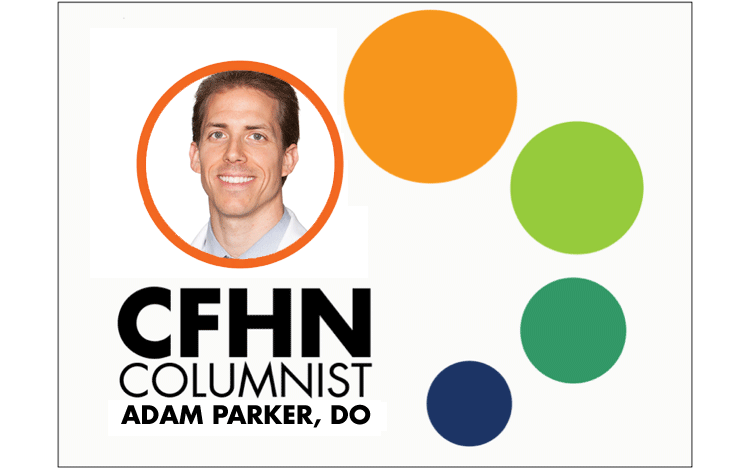THOUGH COLONOSCOPIES might not be the most pleasant of medical procedures, they are certainly one of the most important. When caught early, colon cancer is highly curable; when caught too late, however, it can be fatal.
THE IMPORTANCE OF A COLONOSCOPY
A colonoscopy is a routine procedure with little to no risk that screens for colon cancer. In conjunction with other tests (stool DNA tests, CT colonographies, and flexible sigmoidoscopies), they are the key to catching cancer early on. In fact, nine out of 10 people whose colon cancer is found early will be alive five years afterward. What’s more, many of them will live the same life span as a normal, healthy adult.
THE COLONOSCOPY PROCEDURE
Prior to the procedure, your physician will explain the process to you, including what you’re allowed to eat and drink before the procedure occurs. The day of, you’ll most likely be given a sedative. During the 30-minute procedure, the colonoscope will perform a full assessment of your colon. While some people report discomfort, most do not report any pain.
COLONOSCOPY RECOMMENDATIONS
The American Cancer Society recommends that those in general good health undergo a colonoscopy at least once every 10 years beginning at the age of 50. High-risk patients should begin earlier and have them more frequently.
SCHEDULE YOUR COLONOSCOPY TODAY – IT MAY SAVE YOUR LIFE
If you’re over the age of 50 and haven’t thought about scheduling a colonoscopy, schedule an appointment at Trinity Medical Group or call us at (863) 646-4000 to speak with one of our physicians today.
This column is sponsored by Trinity Medical Group.
CREDIT
column by ADAM PARKER, DO
BIO: Adam Parker, DO, of Trinity Medical Center is a board-certified and licensed family practitioner in the state of Florida. He is also a licensed Doctor of Osteopathy — manipulative medicine and techniques that have been shown to improve treatment results for a range of problems when used in conjunction with traditional surgery and prescriptions. In addition to his work at Trinity Medical Center, Dr. Parker is a physician at Lakeland Regional and Bartow Regional hospitals.
